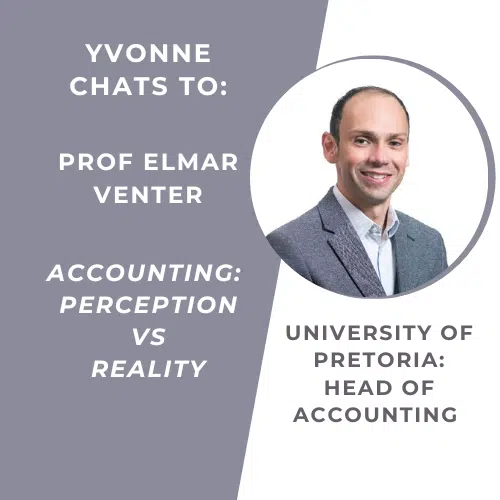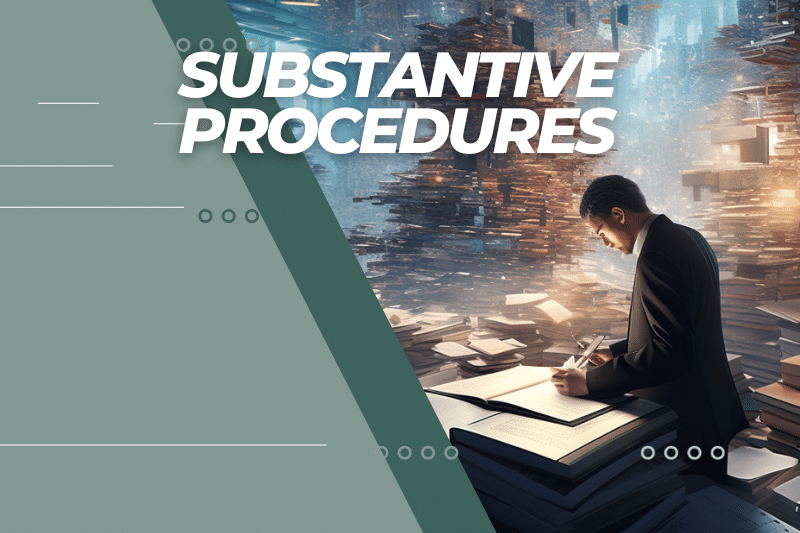What do exams expect of you?
Whether you’re writing Auditing for your degree, CTA, or ACCA (Audit and Assurance, F8 and P7), you need to be able to identify risks from a case study, and explain how they affect you as an auditor.
It’s always applied. You’re not learning Risk in order to define it, or explain it. So you need to learn it accordingly.

Online Course – ISA315: Risk Assessment
I’ve created an online course focussing on Risk for students, to address the common issues students struggle with.
(R210 – Three month access)
Why is risk so important?
An audit opinion is based on evidence.
We obtain evidence based on the risks we’ve identified.
The higher the risk, the more evidence we need.
Different types of risk need different types of evidence
SO…
If we get risk ‘wrong’, we get the wrong type and amount of evidence. Which means we’ll probably get the wrong opinion.
What goes wrong in exams?
- Students confuse overall Financial Statement level risk with Account Balance level risk
- Students confuse Risk of Material Misstatement and Audit Risk
- Students don’t communicate risks properly
- Students ‘copy’ risks from previous questions that don’t apply to the case study
Communication of Risks
Simply put, your risk has to include the following:
- What information in the case study are you referring to?
- What’s the possible impact?
- What’s the connection? Why is there a risk?
- “There is a risk of material misstament because the directors receive performance bonusses”
- “The directors might commit fraud because they receive performance bonusses”
- “Since the directors receive performance bonusses, they may manipulate the financial statements to improve performance in order to increase their bonusses”
Risk at Overall Financial Statement Level vs Account Balance Level
You really need to UNDERSTAND what material misstatements are, and pervasive risks are, what the purpose of risk assessment is, and how we use it.
We differentiate between these two levels for a reason. The more you understand that, the more you’ll start getting this right.
Oversimplification: If you can ‘isolate’ the impact of the possible damage, then it’s not an overall Financial Statement level risk.
If you look at a risk and think “That could be a problem in xxx areas”, then it’s probably an Account balance level risk.
- Eg: The purchases clerk doesn’t know how to use a calculator.
- The impact of the possible damage would be limited to the purchases, because that’s all the clerk touches. You can isolate the effect of the damage. (Account Balance level)
If you look at a risk and think “I know that it could cause a problem, but that problem could be anywhere”, then it’s probably an overall Financial Statement level risk.
- Eg: The general manager doesn’t know how to use a calculator
- You can’t isolate the possible impact, because the general manager ‘touches’ everything. You can’t identify what might be wrong, so you’ll have to keep this risk in mind when you’re auditing EVERYTHING. (AFS level risk)
Focus on this area
I’ve created a separate online course for this section, because it’s so important for your exams, and your understanding of auditing and the entire process.
Risk is the axis around which the entire audit process swings. The more comfortable you are with this, and how to communicate it, the easier it will be to develop your strategy, audit plan and audit procedures. (Not to mention pass your exams!)















9 Comments
Thank you for this fruitful and helpful information, It’s unfortunate I read it right after writing my Auditing test (Of which Risk Assessment at Overall Financial Statement Level was included). But I will definitely use it to prepare for the exam. Thank you once again.
I’m glad you found it useful! It will take some practice, but it will definitely pay off! Remember that once you’ve identified the risk properly, you will be able to address it properly as well (ie: it will help you develop the most appropriate procedures as well)
Hi Yvonne, it is 2016 and I find this still relevant. Thank you, you are amazing.
Hi there…Thank you very much fir this insightful info.luckily i am writing audit this coming thursday i will sure nail it and will use this technique from now on.brief and concise straight to the point.
You make sense, thanks Yvonne
Thanks Yvonne you make it less scary to attempt answering questions
Thanks Yvonne you have added value; before I was able to identify triggers and then have challenge to articulate how the trigger is really a risk. Most case I would drill down to touch account balances or class of account. Thank you
Thanks Yvonne
I need to attempt more of these questions.